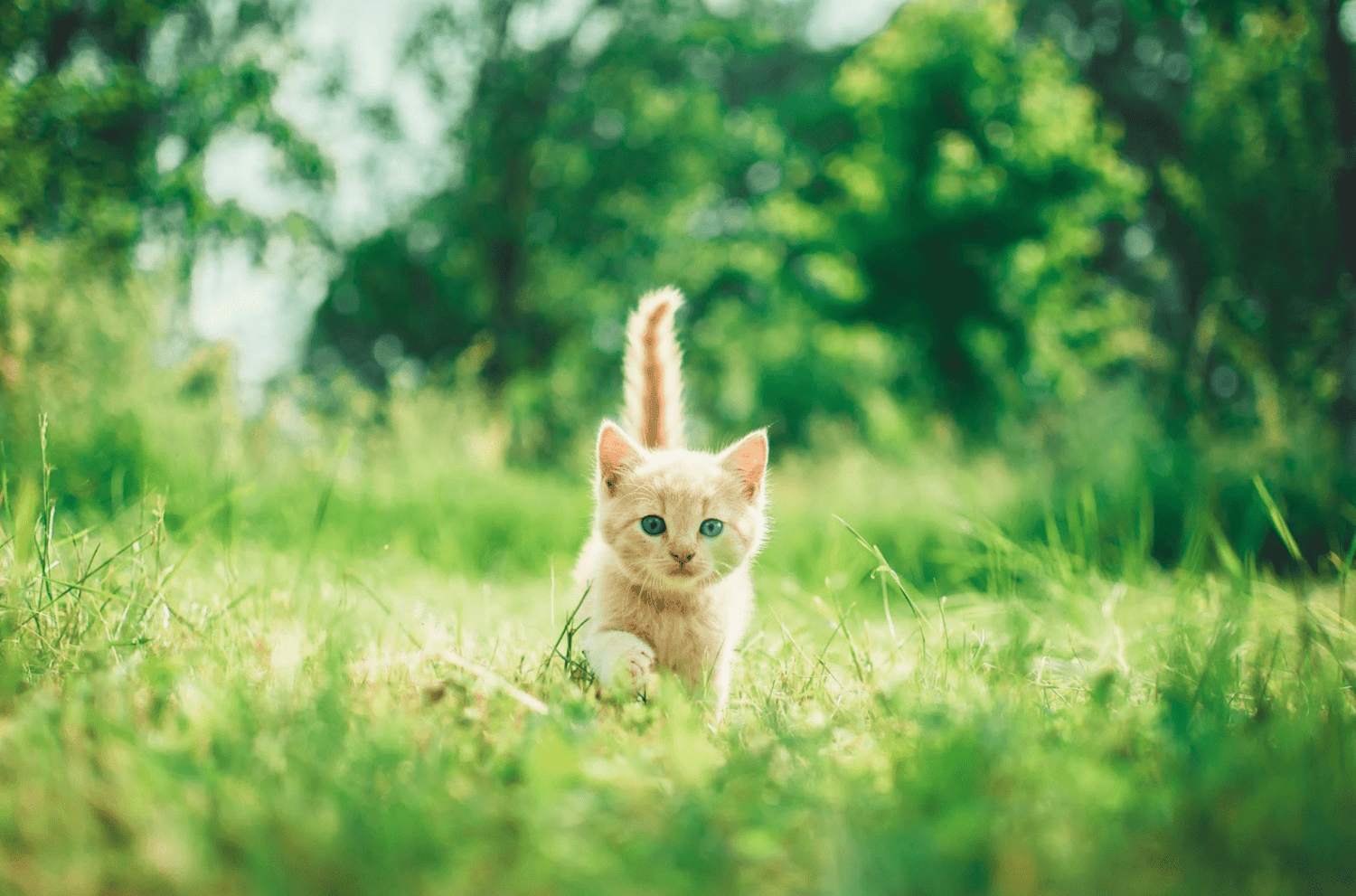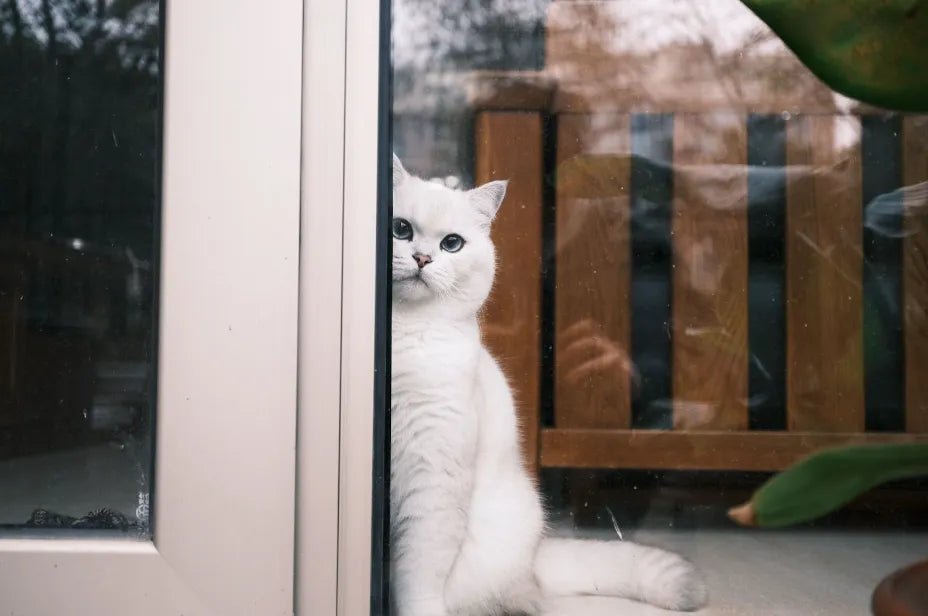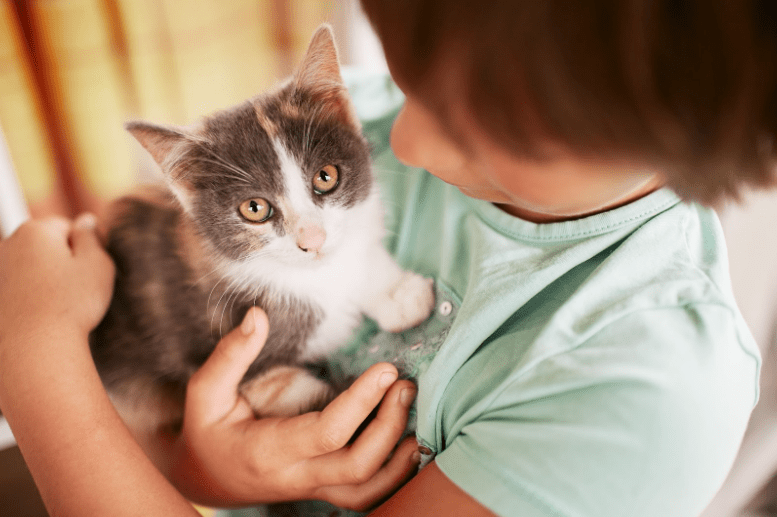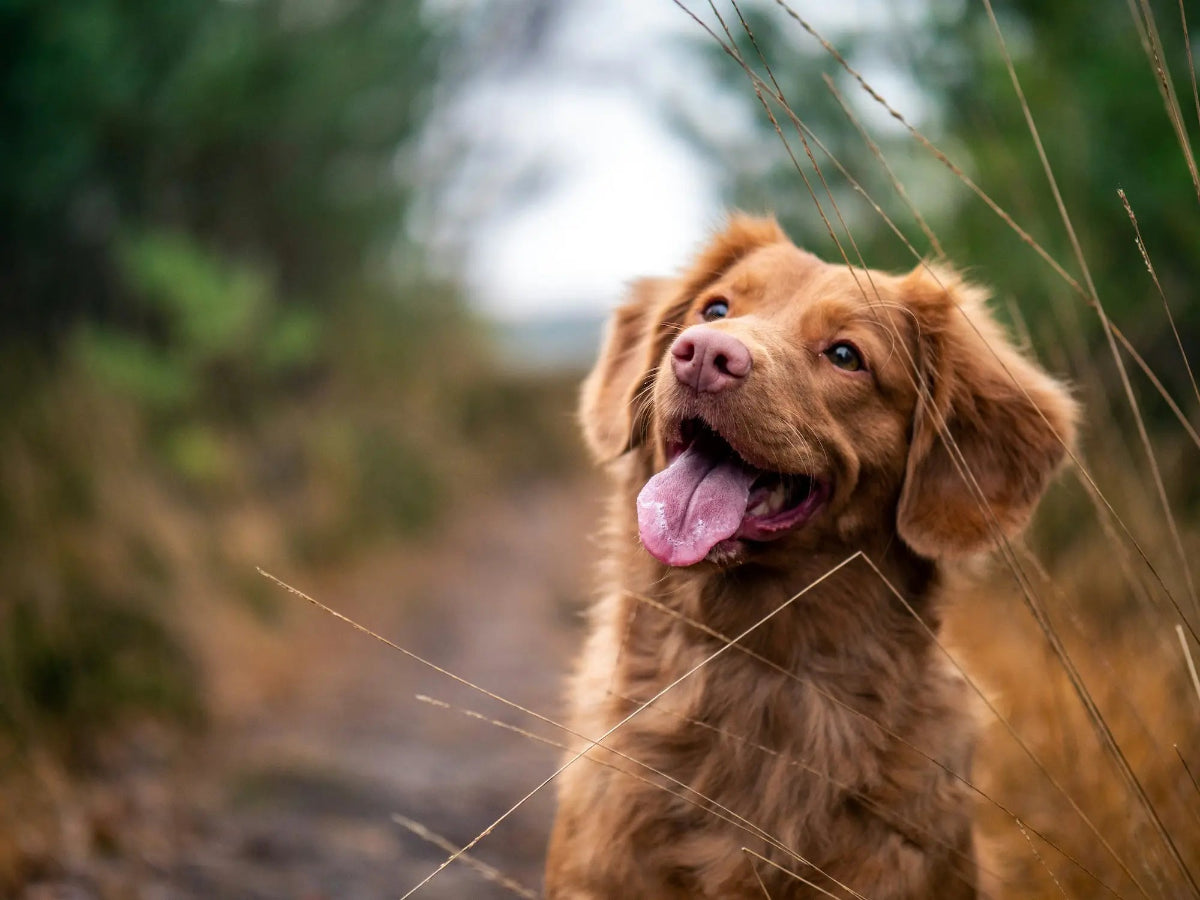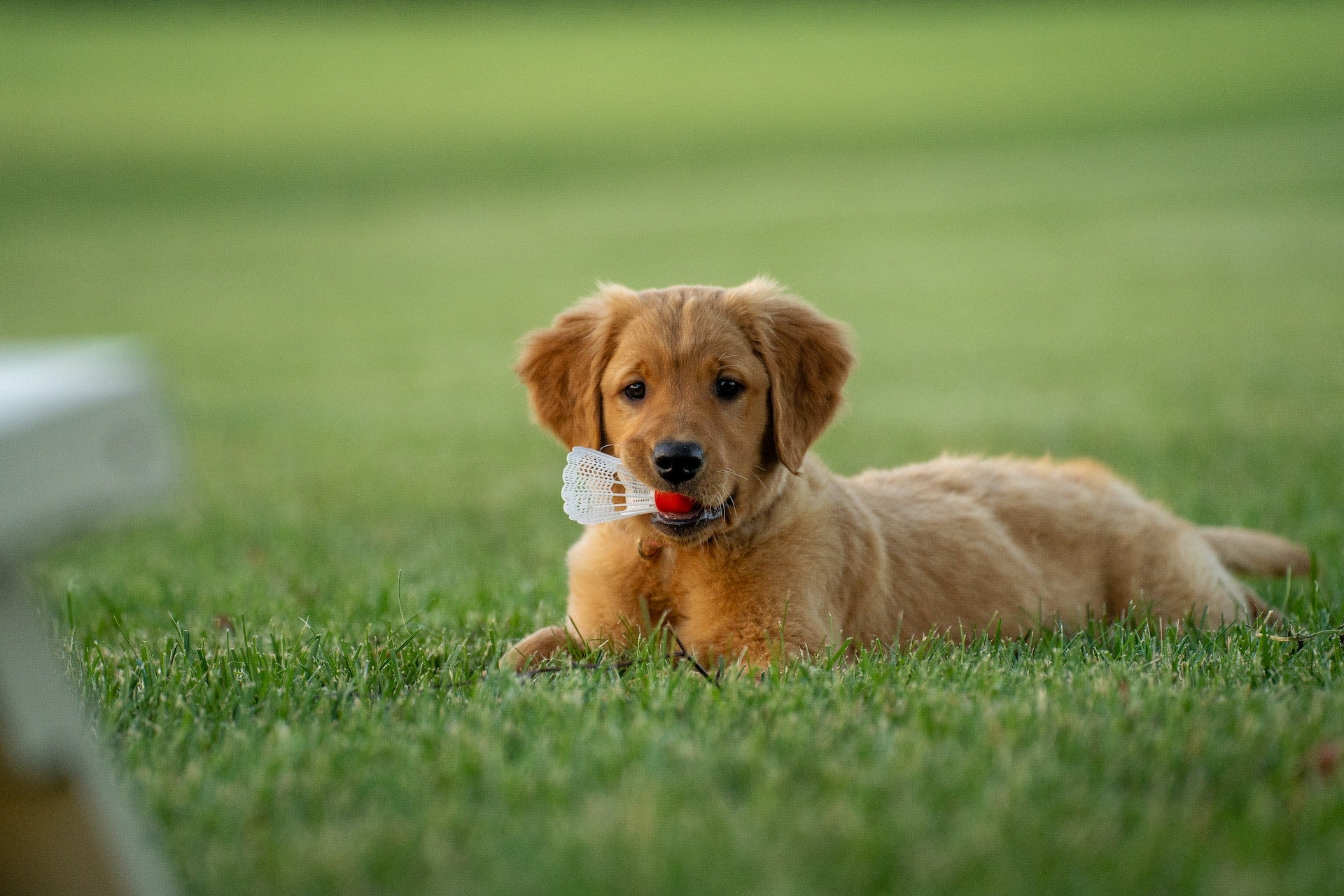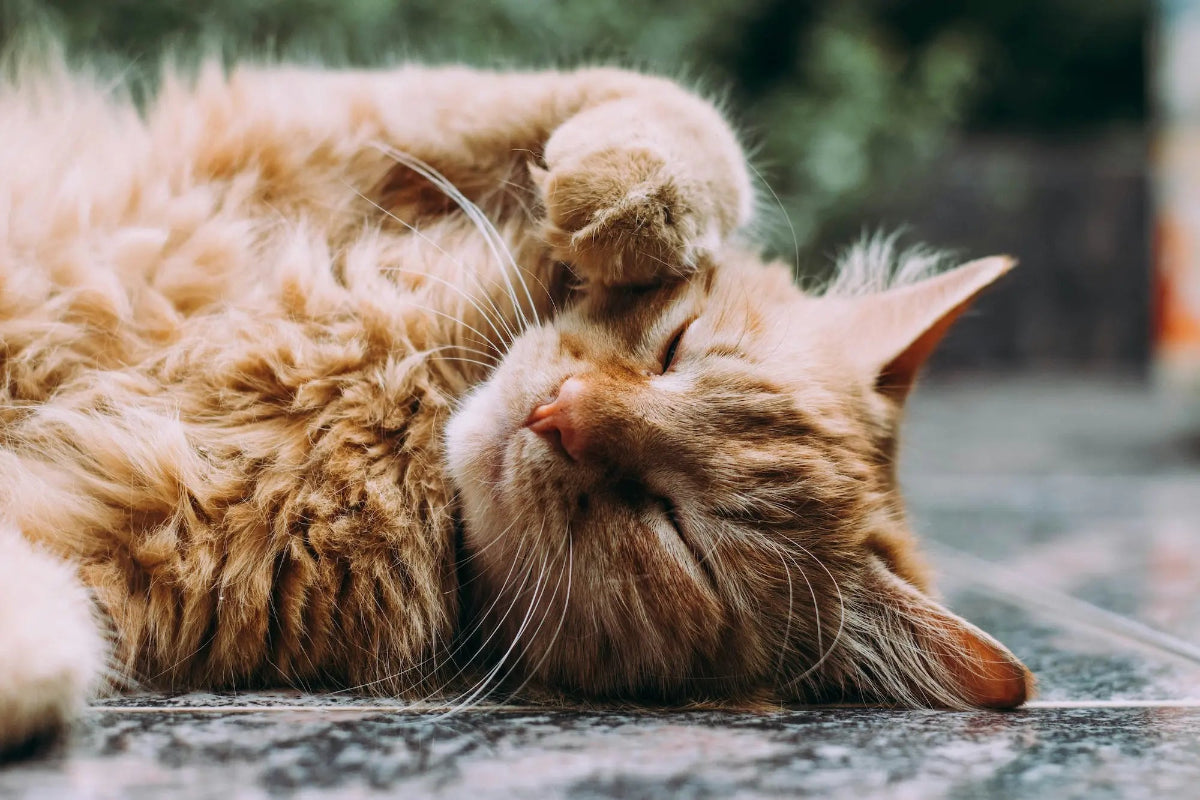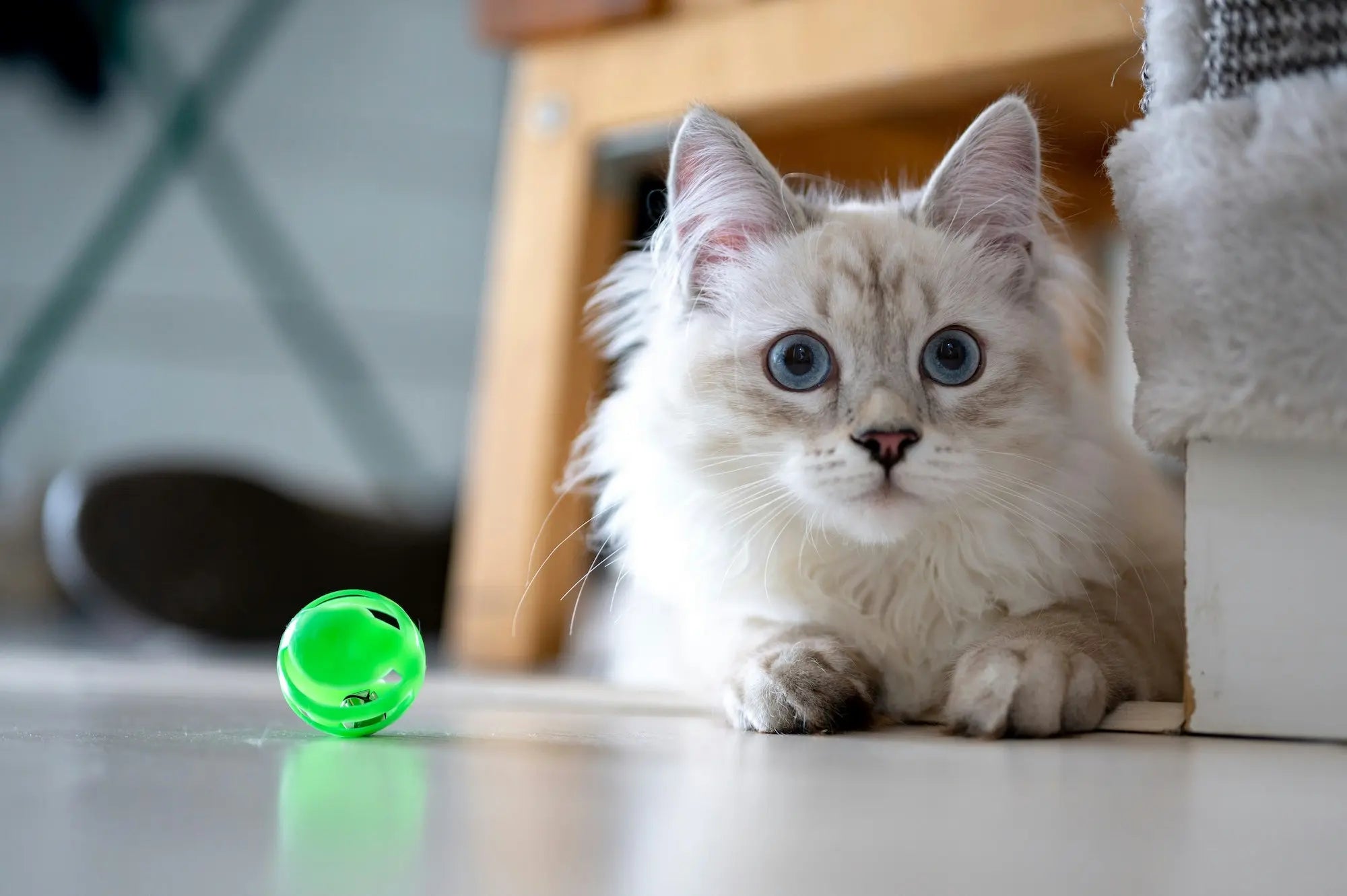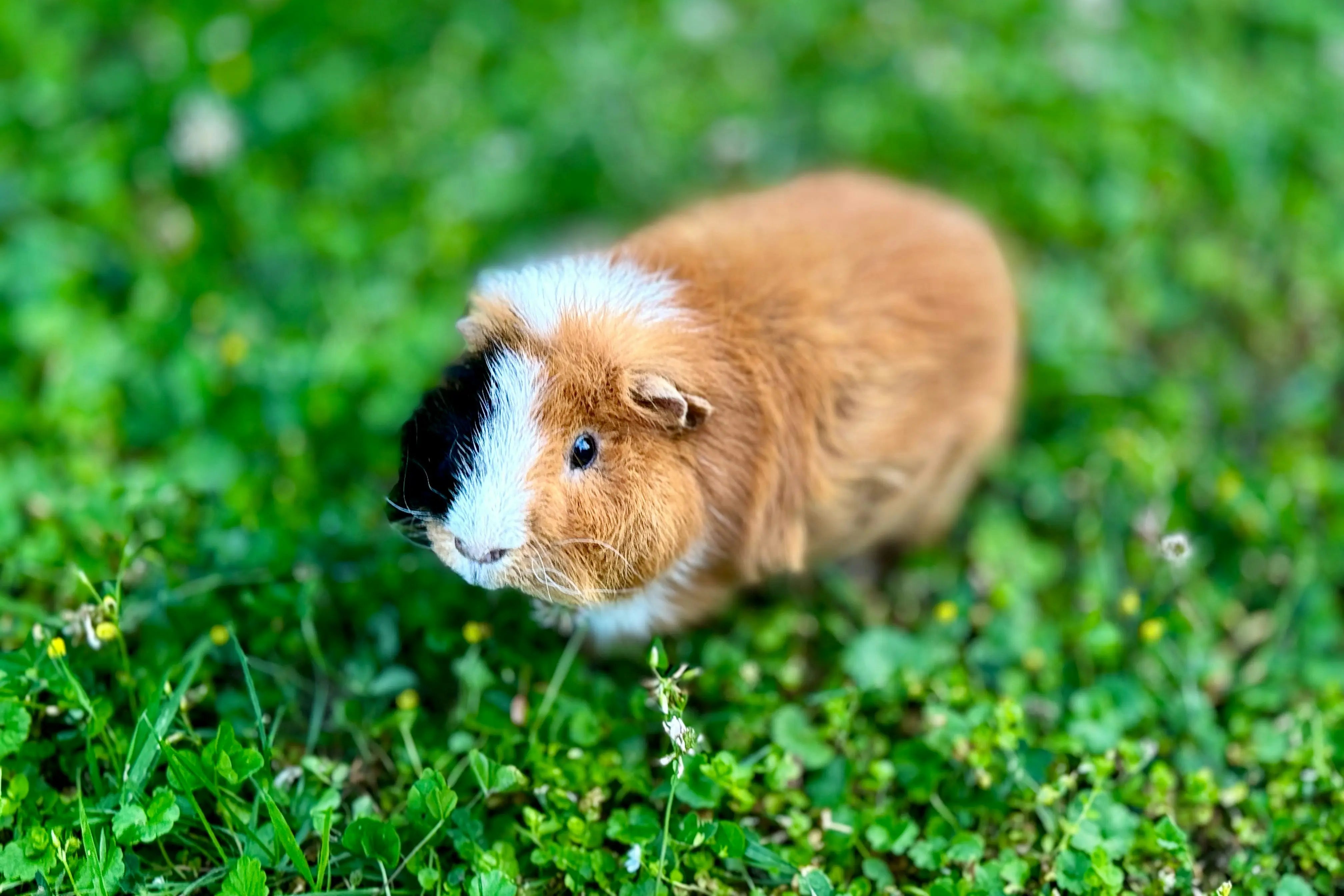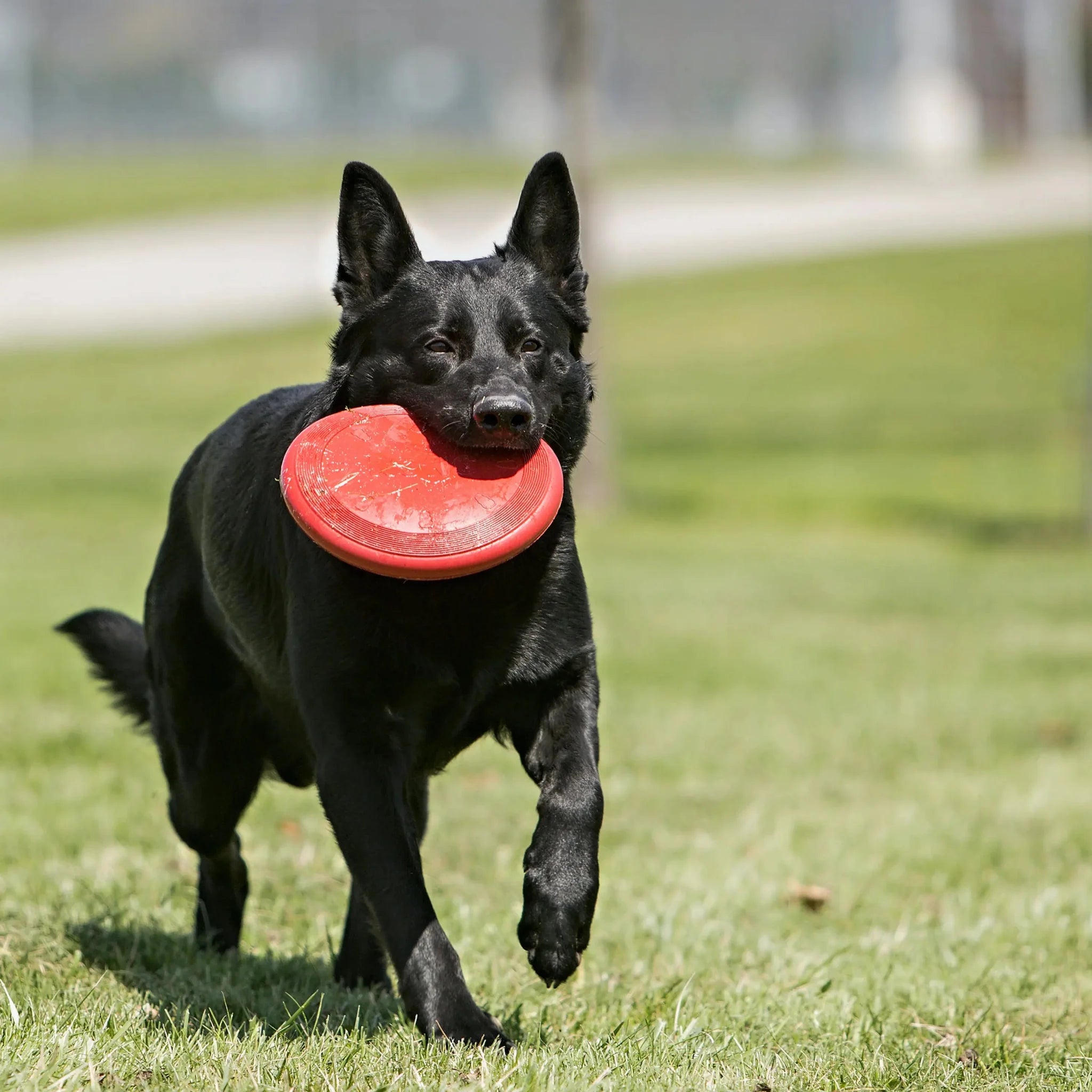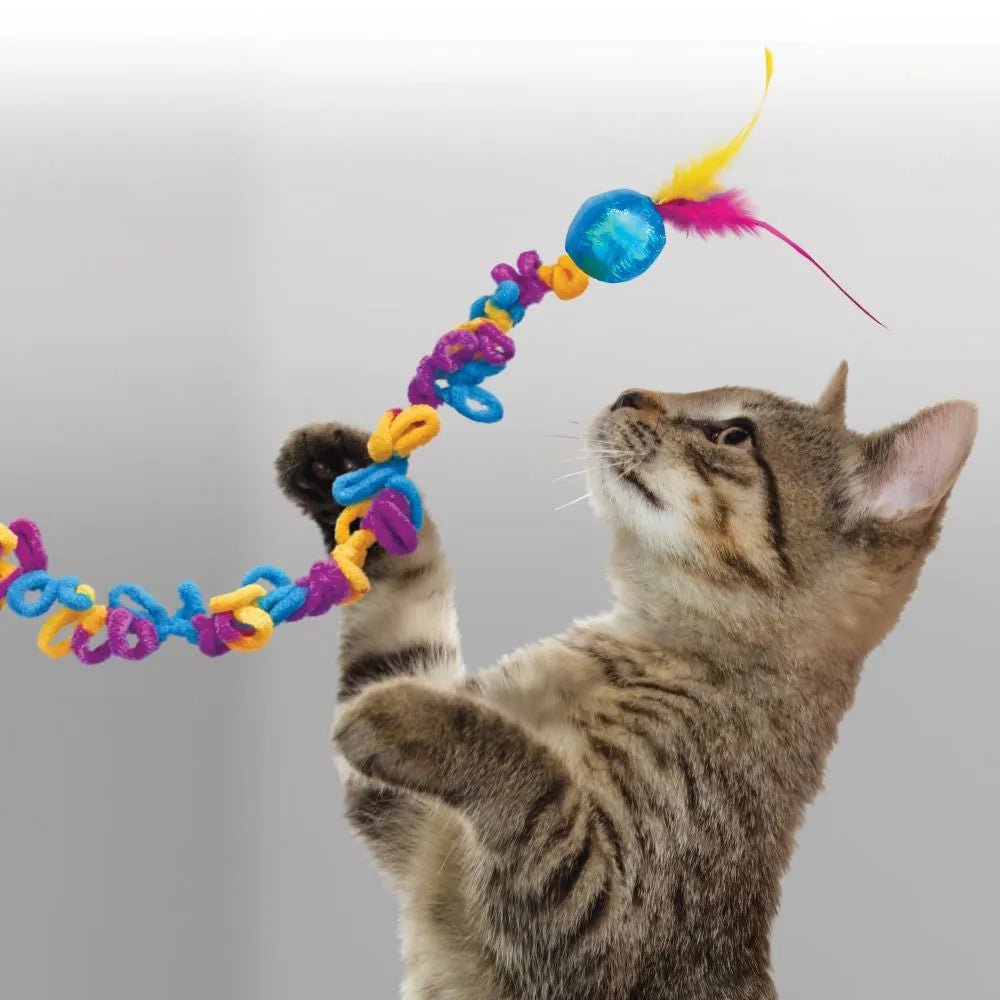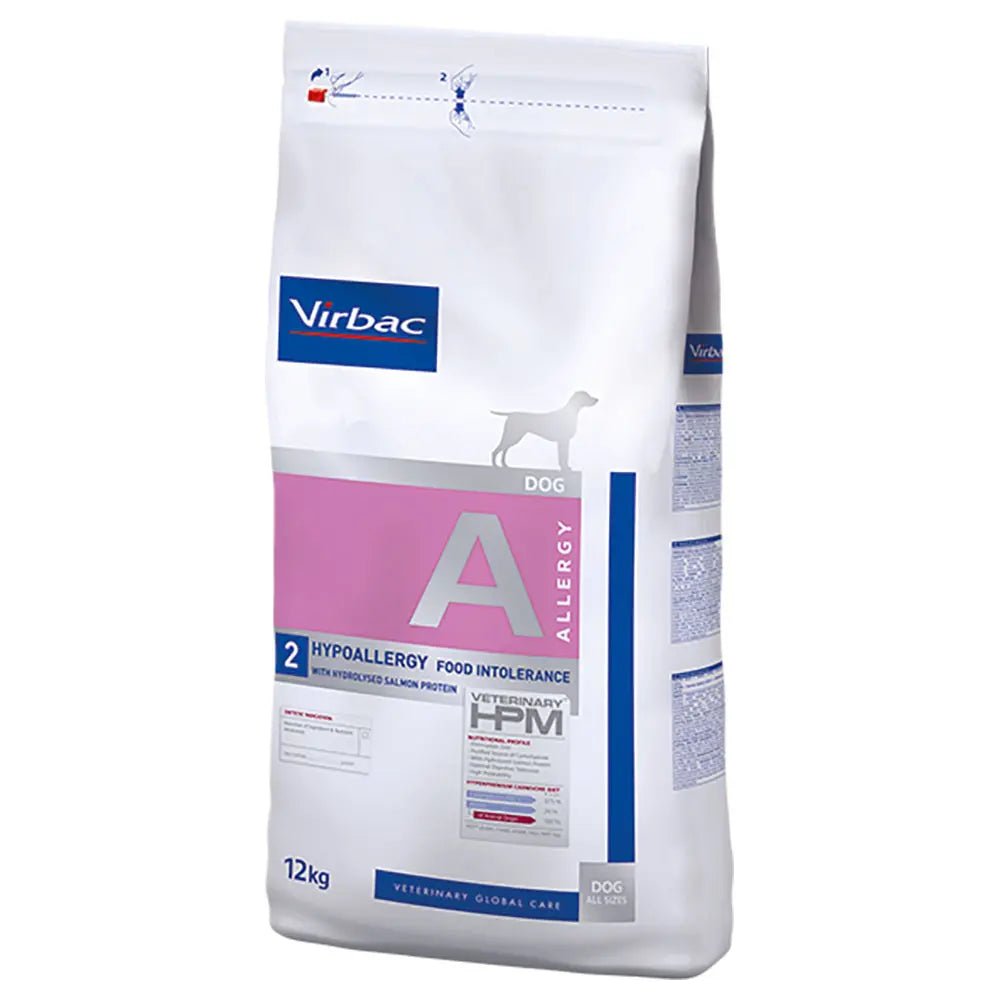What a cute little kitten you have! But how much food should a kitten have ? Don't be fooled by their tiny paws and tiny, furry body. You can hardly feed a kitten too much! This is because they need to grow and gain a lot of weight. Until week 4, kittens only drink their mother's milk, but after the mother cat's milk production decreases, you can slowly but surely introduce the kittens to delicious kitten food . Kittens have very small stomachs, so they must be fed several times a day in small portions. The little fur balls should have specially adapted food for kittens until they are about 1 year old.
How many grams of cat food is the right amount of food for a kitten?
Kittens have small stomachs, so it is a good idea to feed them small amounts of kitten food several times a day. Depending on the breed of cat, age and cat food, you can check the feeding tables of the different manufacturers. Here you can see how many grams you should give your kitten when comparing its current body weight and how many months your kitten is. This way you will find the optimal amount of food to feed your kitten.
Psst..! Don't forget the water! Your kitten should always have access to clean, fresh water. If you want to give your kitten milk, you must buy cat milk that is suitable for this. Do not give cow's milk, as their intestinal system is not designed to drink cow's milk. Adult cats are actually often lactose intolerant. Even if the cat does not have stomach problems such as diarrhea, cow's milk can cause intestinal discomfort that may be difficult for the cat to notice.
Kitten's eating habits during the different growth phases
Week 0 - 4
The first few days of a kitten's life when they receive milk from their mother are incredibly important. This is because the mother produces colostrum and colostrum. These substances are rich in antibodies and minerals, which contribute to the development of the kitten's immune system. Newborn cats nurse every two hours, before gradually decreasing. In the first week, the kitten should gain around 10 - 30 grams per day, so weigh them every day to make sure the mother is nursing them enough. If the kitten is not gaining weight, it may mean that the mother does not have enough milk for all the kittens if the litter is very large. Contact a veterinarian for advice if the kitten is not gaining weight or starts to lose weight.
Week 4 - 12
Is your kitten showing interest in solid food? When they are around 4 weeks old, you can slowly introduce them to it! Feed them a specially formulated kitten food with the essential amino acids and nutrients they need. This supports the important growth of muscles, bones and organs. You can soak dry kitten food in water to give it a mushy consistency, or feed them wet food made for kittens .
At around 8 weeks of age, your kitten should be independent enough to feed themselves. Since their digestive system is not yet fully developed, they need energy-concentrated food, adapted for kittens. From 8 to 12 weeks of age, kittens can easily eat 5 meals a day. Choose a low and wide cat bowl so that their sensitive whiskers do not get knocked off the edges of the bowl.
Week 12 - 16
Kittens need to gain weight, and they do it quickly! That's why it's important to meet their energy needs through food. Kittens are ready for delivery when they are about 12 - 14 weeks old, and if you have just adopted a cat at this age, you can start by giving the kitten the cat food it is used to from the breeder or previous owner before you switch.
From 4 - 12 months
Even though your kitten is older, they still need more food at this stage than an adult cat. When they are 4-5 months old, they will gain around 100 grams a week! The kitten's milk teeth have been replaced by adult teeth, so they can now eat dry food without any problems. Cats like to eat several meals a day, so you can leave the recommended amount of food out so that your kitten can go to the bowl when they need it.
Kittens can be neutered at the earliest when they are around 4 months old. Neutered cats have an increased appetite, while their energy metabolism tends to decrease. Therefore, you can choose cat food that is specially developed for neutered and sterilized cats. Keep an eye on your cat's weight so that it does not grow too quickly and become overweight.
1 year
When a cat is 1 year old, it is considered an adult. Since a cat's digestive system makes up a small percentage of their body weight, it means that their intestines can be more easily irritated if they are introduced to new food too quickly. Remember that the transition to new food should be gradual, preferably over several days to a week. If the transition is too quick, the cat may also not want to eat the new food. Choose cat food adapted to your cat's breed and lifestyle. If you have an indoor cat, they may live a calmer life than an outdoor cat.
Read how long a cat lives and what affects a cat's lifespan .
Why should kittens have specially adapted food?
Kittens need specially adapted food because they have an immature immune and digestive system. In addition, kittens are incredibly active, little balls of fur who live an energetic life! Therefore, they need more calories, calcium and proteins than older cats who are fully grown. Adult cats are often less active and sleep more . Choose cat food with an adapted composition so that they do not put on weight as easily.
Summary
Kittens grow quickly and have a lot of energy! That's why they need specially adapted food for kittens to strengthen the development of muscles, skeleton and organs. For the first 4 weeks of life, they should only drink breast milk from their mother to get the necessary antibodies and minerals. When the kittens get older (about 4 weeks) and show an interest in solid food, you can start introducing them to this. Since kittens have very small stomachs, they need to be fed several times a day in small portions. When your kitten is about 1 year old, it is considered an adult and should be fed cat food adapted for adult cats. Remember that the transition to cat food for adult cats should be gradual, preferably over a period of about a week. In addition, the cat should always have access to fresh and clean water 24/7.


